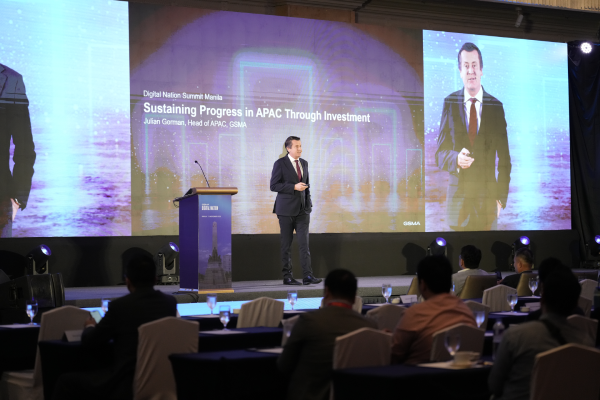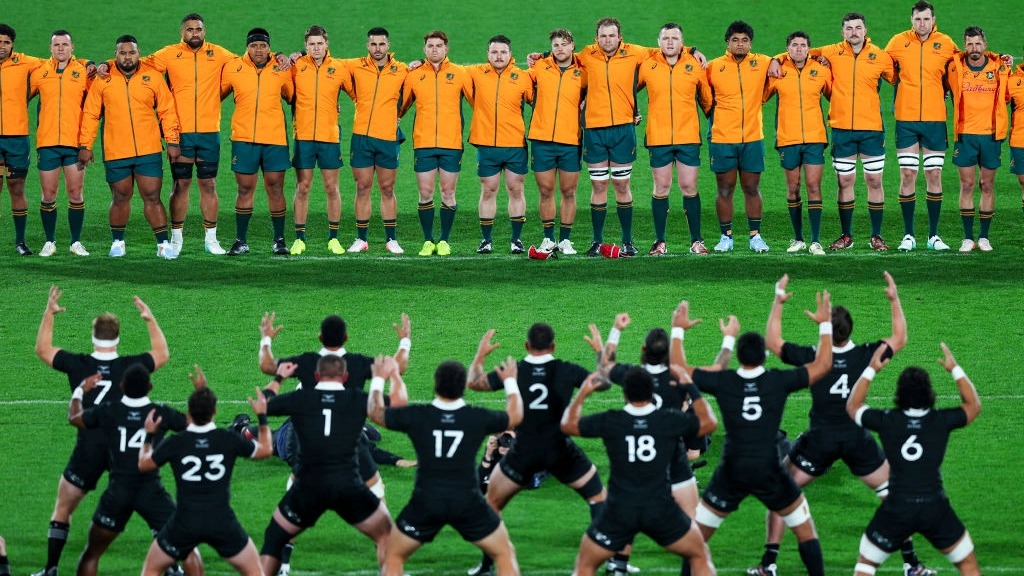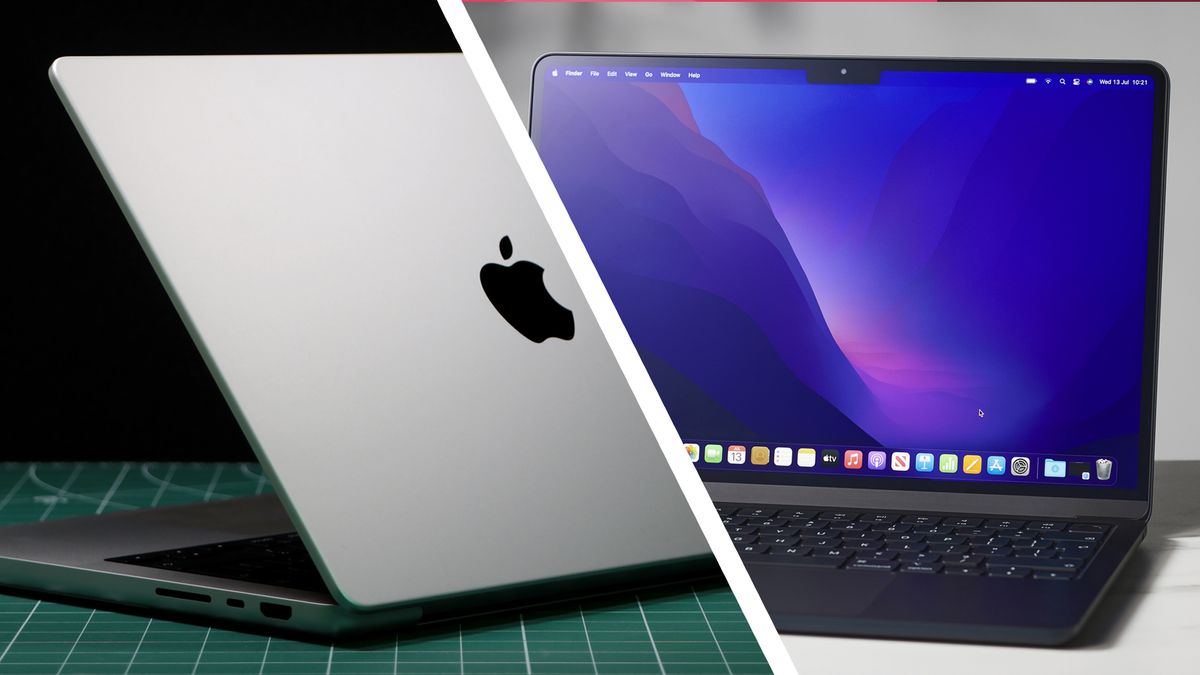Greater investment and policy coherence are vital to sustain the Philippines' digital push and secure all its digital nation ambitions.
November 13, Manila: The Philippines now ranks seventh on the GSMA Asia Pacific Digital Nation Index, according to a new report launched today at the Digital Nation Summit (DNS) in Manila. Recent government allocations of more than PHP 72 billion for national broadband, cloud and other transformation projects underscore this progress, while the national digital economy already contributes PHP 2.25 trillion, approximately 8.5 percent of GDP, with e-commerce sales exceeding PHP 500 billion in 2023.
The country now records an aggregate score of 60/100 on the GSMA Intelligence Digital Nations Index, placing it firmly in the “leading” digital nations cohort. However, the study titled “Digital Nations 2025: Sustaining progress in Asia Pacific through investment” warns that progress could stall unless new investments, coherent policies and continued skills development close a widening usage gap. About two in five Filipino citizens remain offline, and funding gaps persist in cybersecurity, advanced research, and rural connectivity.
The report urges the Philippines to:
- Establish clear national digital investment objectives
- Align government policies with digitalization objectives
- Use public investment to stimulate private sector participation
- Avoid regulatory uncertainty
- Address regional disparities and the digital usage gap through collaboration
With 40% of citizens still not connected, closing the usage gap through rural connectivity and digital skills development is essential to ensure that no one is left behind..
The report tracks 21 Asia-Pacific countries across the five pillars that define a digital nation – infrastructure, innovation, data governance, security and people – and will be the centerpiece of discussions at DNS Manila.
Julian Gorman, head of Asia-Pacific, GSMA, said: “The Philippines has taken bold steps to put digital at the center of its growth strategy, from broadband budgets to ambitious cloud and skills targets. Our new research shows those efforts are paying dividends, but also puts hard numbers on where more investment is urgently required. If industry and government can channel investment into 5G, fibre, cloud and cybersecurity, while maintaining clear and predictable regulation, the country can “make the leap from a rapidly growing digital economy to a truly inclusive digital nation.”
Broader report findings for Asia Pacific
Other key findings from the Asia Pacific Digital Nations report include:
- India and Vietnam have risen from the “emerging” tier to the “leading” tier of digital nations on the GSMA Intelligence Index, thanks to strong and widespread progress across all five pillars. Brunei Darussalam, new to this year's ranking, now tops the list of emerging digital nations.
- A mobile internet gap remains in more remote areas of APAC. Given the vast mountainous, forested regions and archipelagos of Asia Pacific, more than 100 million people, around three percent of the region's population, still live outside a mobile broadband footprint, mainly in remote and rural areas where commercial deployments are not yet viable. Specific incentives will be needed to extend networks to these communities.
- The rollout of 5G is uneven. Cambodia, Nepal, Pakistan and Sri Lanka are yet to launch 5G, while adoption has already reached mass-market levels in Australia, Singapore and South Korea. High spectrum prices, high upgrade costs and fixed revenues are squeezing operators' ability to invest more.
- Asia Pacific faces an emerging AI infrastructure deficit. CBRE forecasts a 15-25 GW gap in data center capacity by 2028, equivalent to 25-42 percent of projected demand, even if current supply were to double. Space, power and GPU shortages in data centers could limit the region's ability to train and deploy advanced AI models.
Manila Digital Nation Summit
Held under the theme “Building a Secure Digital Nation: Pathways to Prosperity for the Philippines,” this week’s Manila 2025 Digital Nation Summit brings together government leaders, regulators, industry pioneers and ecosystem partners to accelerate the country’s transition to a resilient, inclusive and future-ready digital economy. Anchored by the official launch of the GSMA Digital Nations APAC Report 2025, the one-day forum explores how strategic investment, collaborative policymaking and people-centered innovation can solidify the Philippines' place in Asia's digital future.
The summit proceedings begin with remarks by Julian Gorman, Director of Asia-Pacific, GSMA, followed by a ministerial address by Secretary Henry Rhoel Aguda of the Department of Information and Communications Technology. A fireside chat on “Disconnected Digital Leaders” and a presentation of the report's highlights set the stage for a program built around three themes reflecting the report's findings:
- Invest in 5G, fiber and cloud infrastructure
- Build trust through robust data governance and cybersecurity frameworks
- Unlocking inclusive growth through skills, fintech and innovation across the sector
DNS Manila once again coincides with Philippine FinTech Week. In addition to the main summit, the GSMA is hosting an APAC Fintech Forum roundtable on secure and interoperable digital payments ecosystems and their role in inclusive growth. The outcomes of both meetings will feed into regional policy discussions at M360 Asia-Pacific later this year.
Digital Nations 2025: Sustaining progress in Asia Pacific through investment It is available for download here.
-ends-
About the GSMA
The GSMA is a global organization that unifies the mobile ecosystem to discover, develop and deliver critical innovation for positive business environments and social change. Our vision is to unlock the full power of connectivity so that people, industry and society thrive. Representing mobile operators and organizations across the mobile ecosystem and adjacent industries, the GSMA offers its members three broad pillars: connectivity for good, industry services and solutions, and outreach. This activity includes advancing policy, addressing today's biggest societal challenges, supporting the technology and interoperability that make mobile devices work, and providing the world's largest platform to convene the mobile ecosystem at the MWC and M360 series of events.
Media contact
GSMA Press Office – [email protected]









